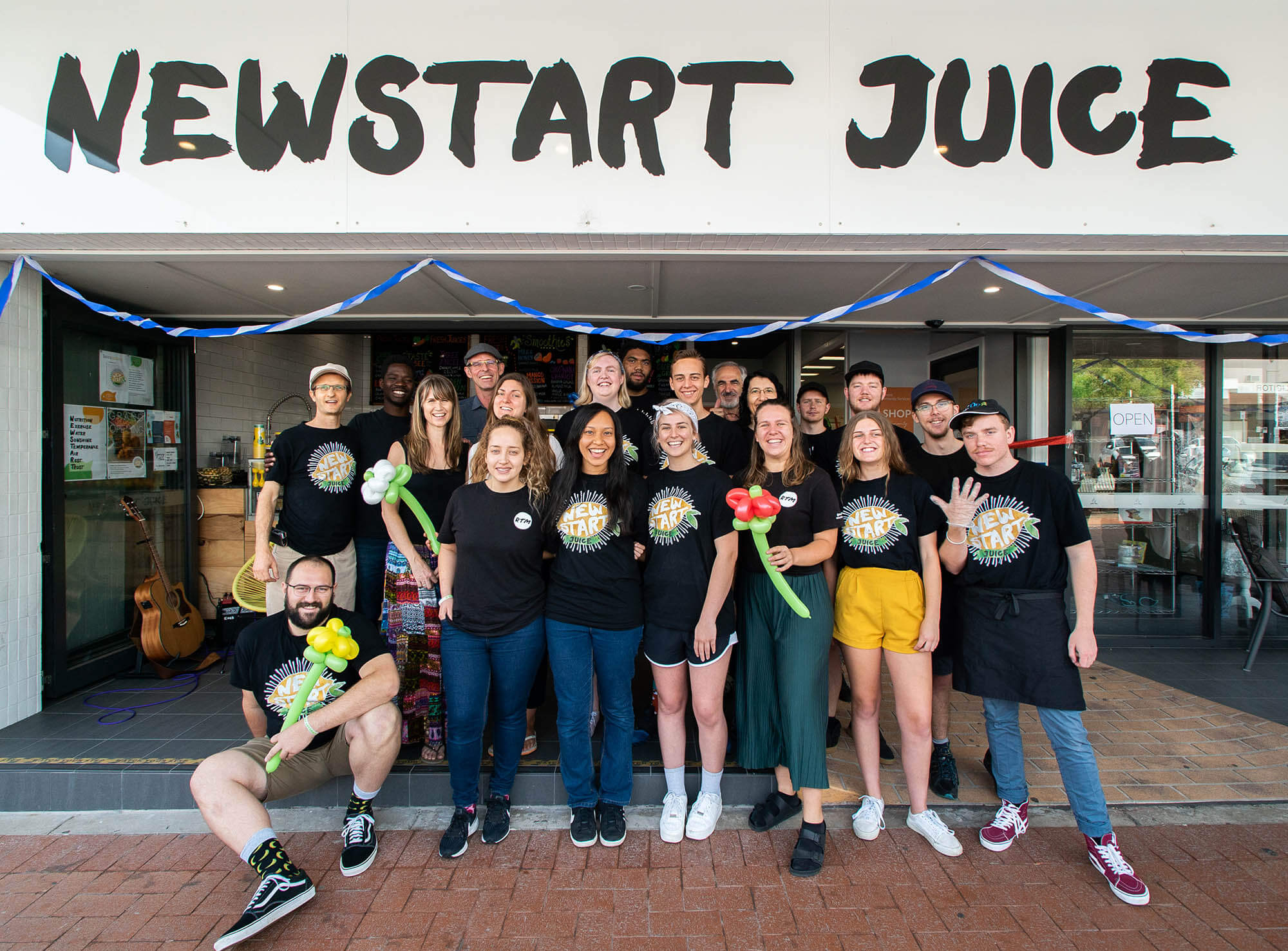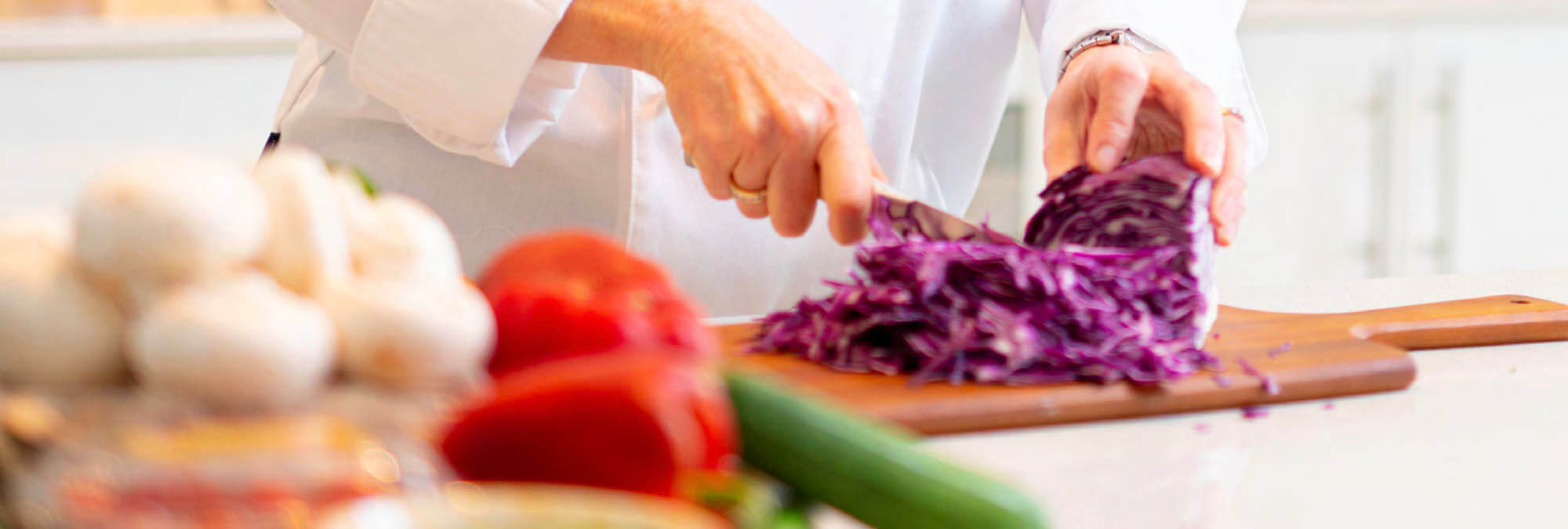HAVING JUST SPENT THE PAST FEW WEEKS IN MY COUNTRY OF BIRTH - South Africa, I have been overwhelmed by stories of people who have “done life extremely hard” and yet, emerged stronger and more resilient. One such person was Kennedy Gihana, a Rwandan whose whole family, except his one brother, was murdered in the Rwandan genocide in 1994.
He eventually fled the country on foot in 1996, walking thousands of kilometers. He faced the dangers of wild animals and humans along what he calls the “Rat roads” - little paths you take in order not to be seen and to stay alive.
Throughout the journey, the kindness of strangers and the spirit of ubuntu - the belief in a universal bond of sharing that connects all humanity, kept him going. He describes his family as the fifty-six, referring to the 56 million South Africans who have welcomed him into their country. Today he is a human rights lawyer, married, with two children.
We may not all suffer such extreme trauma, but we all face degrees of stress, anxiety, depression, PTSD, abuse - issues demonstrated by recent studies to have an impact that lasts for generations. Recent research “has not only chronicled the existence of intergenerational trauma but has demonstrated some of the epigenetic, molecular, and biochemical mechanisms responsible for such transmission” (Levine, 2015: 161).
But is it possible at all for people to recover from such experiences?Studies show that with the right support, even severe early life trauma can be solved. It also shows that when an adult has resolved their childhood trauma, it benefits their children or the children they may later have.
Some of the remedies for healing include receiving the appropriate counselling and ongoing support from a professional in this field. A safe and supportive environment is also essential for healing. We know that supportive relationships and healthy interactions play a significant role in any process of recovery. These are relationships with friends, family, neighbours, colleagues, as well as professionals. Just as negative interactions can be detrimental, positive interactions can assist healing and repair.
It is also important to know that hope and optimism about the possibility of recovery is not just ‘wishful thinking’. Instead, it has been proven by clinical and neuroscientific research, as well as survivors’ stories of resilience and healing. The brain is neuroplastic; that means it can change in both structure and function. Of course, proper nutrition and a healthy gut biome are also important. Healthy choices like regular exercise, including resistance activities, drinking water, sleeping 7 to 8 hours a night and finding spiritual meaning also contribute significantly with the healing process.
People who have experienced repeated trauma, violence or abuse can find themselves responding to triggering situations in different ways. It can vary from being hyper-aroused or agitated, anxious and easily startled to being hypo-aroused or numb and shut down. Much of the trauma that we have experienced is stored in our body. The tone of a person’s voice, a smell, a sound or a feeling might trigger us in a way that sometimes doesn’t make sense.
Research reveals that environments can increase or reduce our stress, which in turn impacts our bodies. What you are seeing, hearing, experiencing at any moment is changing not only your mood, but how your nervous, endocrine, and immune systems are working.
THE GREEN PILL: WHY MAKE ONE DAY A WEEK A SABBATH OF REST TO SPEND TIME IN NATURE
Nature heals
Being in nature, or even viewing scenes of nature, reduces anger, fear, and stress and increases pleasant feelings. Exposure to nature not only makes you feel better emotionally, but also contributes to your physical wellbeing, reducing blood pressure, heart rate, muscle tension, and the production of stress hormones. It may even reduce mortality, according to scientists such as public health researchers Stamatakis and Mitchell.
Research done in hospitals, offices, and schools has found that even a simple plant in a room can have a significant impact on stress and anxiety.
Nature soothes
In addition, it helps us cope with pain. Because we are genetically programmed to find trees, plants, water, and other natural elements enthralling, we are absorbed by nature scenes and distracted from our pain and discomfort.
This is nicely demonstrated in a now-classic study of patients who underwent gallbladder surgery; half had a view of trees, and half had a view of a wall. According to the physician who conducted the study, Robert Ulrich, the patients with the view of trees tolerated pain better, appeared to nurses to have fewer negative effects, and spent less time in a hospital.
Nature restores
One of the most intriguing areas of current research is the impact of nature on general wellbeing. In one study in Mind, 95% of those interviewed said their mood improved after spending time outside, changing from depressed, stressed, and anxious to calmer and more balanced.
Furthermore, time in nature or viewing nature scenes increases our ability to pay attention. It also provides a respite for our overactive minds, refreshing us for new tasks.
In another interesting area, Andrea Taylor’s research on children with ADHD shows that time spent in nature increases their attention span later.
Nature connects
A study at the University of Illinois suggests that residents in Chicago public housing who had trees and green space around their building reported numerous lifestyle improvements. Such as knowing more people, having stronger feelings of unity with neighbours, being more concerned with helping and supporting each other, and having stronger feelings of belonging than tenants in buildings without trees.
In addition to this greater sense of community, they had a reduced risk of street crime, lower levels of violence and aggression between domestic partners, and a better capacity to cope with life’s demands, especially the stresses of living in poverty.
This experience of connection may be explained by studies that used fMRI to measure brain activity. When participants viewed nature scenes, the parts of the brain associated with empathy and love lit up. And when they viewed urban scenes, the parts of the brain associated with fear and anxiety were activated. It appears as though nature inspires feelings that connect us to each other and our environment.
Study co-author Prof. Andy Jones, also from UEA, said, “We often reach for medication when we’re unwell, but exposure to health-promoting environments is increasingly recognised as both preventing and helping treat disease. Our study shows that the size of these benefits can be enough to have a meaningful clinical impact.”
Dr Trevor Hurlow




